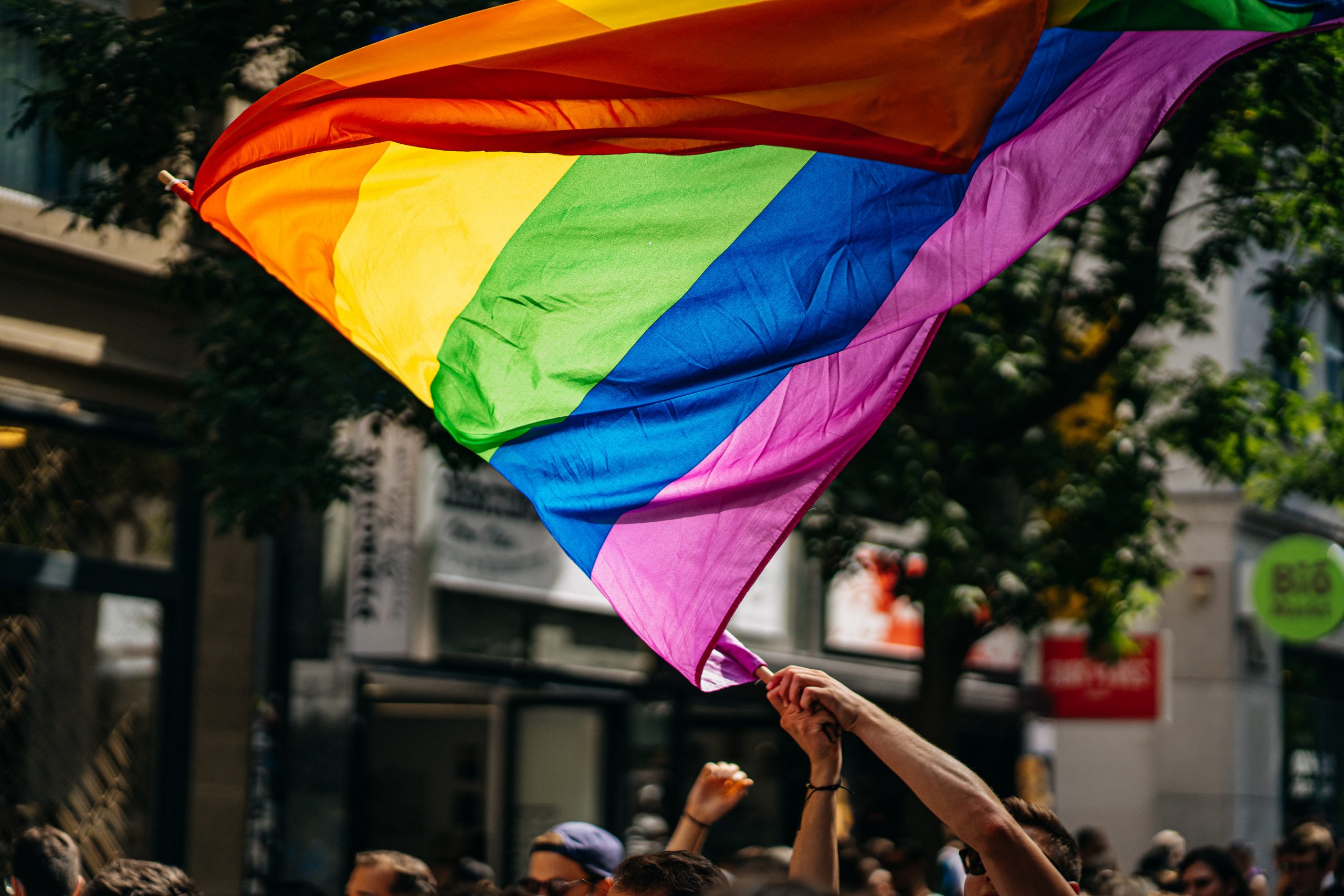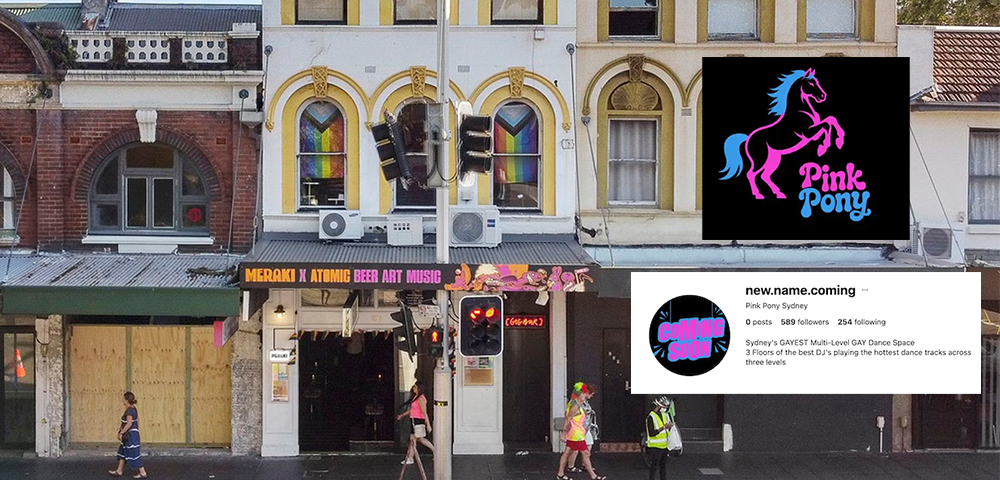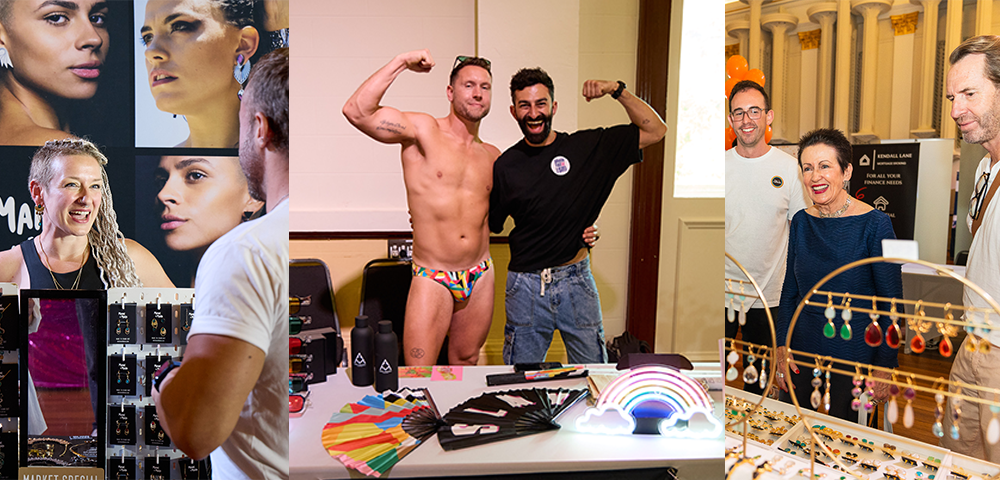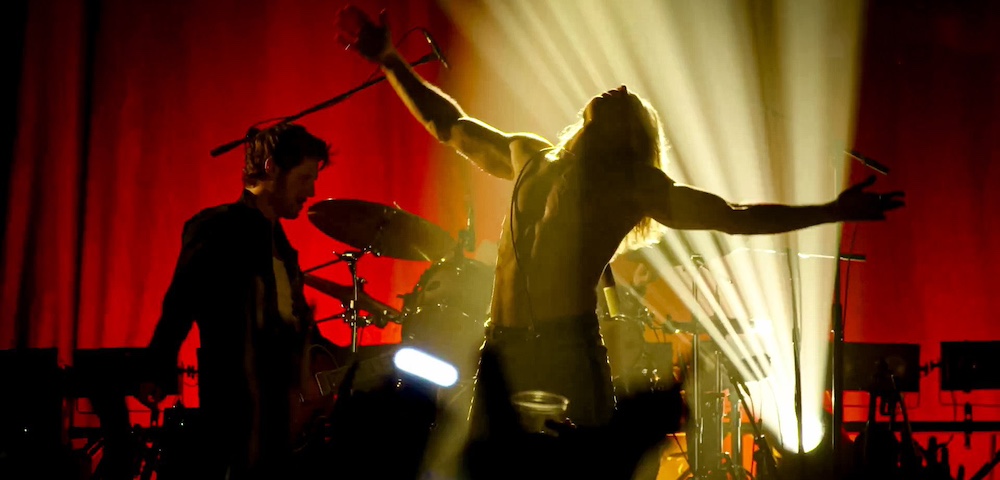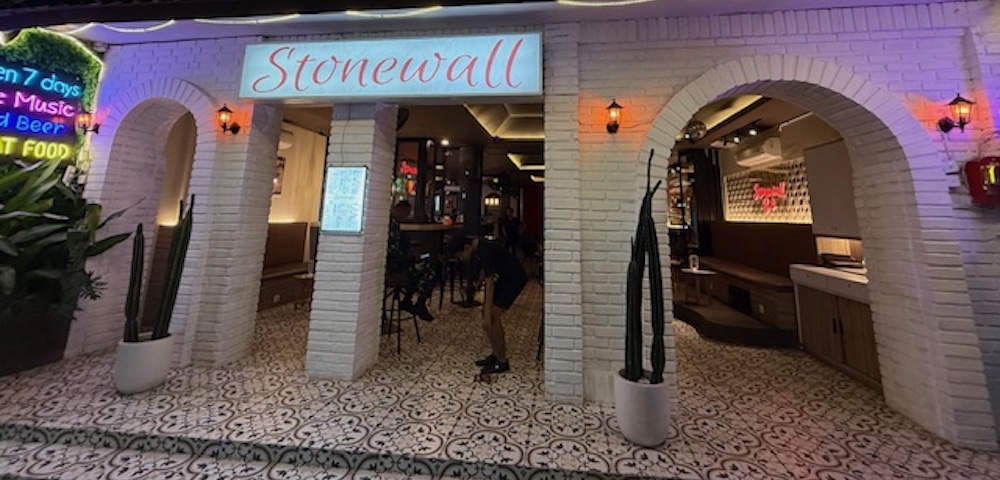
Safe sex, oh YEAH!
Four bright red giant condoms stood erect in front of Melbourne’s Federation Square, three-four metres tall last Friday. There was a genuine buzz of excitement around the four phallic inflatable pillars which acted as the supports for an ‘inflatable condom castle’. A small army of volunteers, young and old, swarmed the area armed with ‘trendy’ condom tins and snap bands on the eve of World AIDS Day and approached Melburnians to talk frankly about sex.
YEAH (or Youth Empowerment Against HIV/AIDS) is behind this exuberant campaign and has been talking to young people for almost a decade about safe sex.
This small organisation has its work cut out for it, with about a quarter of new HIV infections in Australia occurring in young people.
The latest figures show people under 29 made up 28 percent of new HIV infections in Australia as of 2011.
While HIV is the priority, the organisation also highlights other sexually transmitted infections, like chlamydia and syphilis, since 75 percent of all STIs in Australia occur in young people aged between 15 and 29.
If you want to see them at work, check out the online videos of their antics at last year’s Groovin The Moo music festival as they casually raise this serious topic with about 20,000 young Australians.
“People don’t want to listen to old people,” says one festival goer on the video, “…so if you’re talking about it with your peers, it’s a better thing to do.”
Gwyneth Lovelace-Tozer, 22, was one of the volunteers or ‘peer educators’ in Melbourne last week who was stopping people in the street.
“I personally don’t feel there is enough sexual education,” she told the Star Observer.
“Take AIDS for example, although young people aren’t always aware about HIV/AIDS – about 75 percent of STIs are in our young people and so it’s really important.”
Last week, a Victorian study found high school students felt they were not getting sex education early enough.
Ballarat University sex education researcher Bernadette Duffy announced her survey results of about 100 Ballarat high school students at a sex education conference in Sydney.
She found more than half of year 7, 8 and 9 students surveyed thought most sex education topics should be introduced in primary school.
However, most primary school teachers for year five and six students said they were uncomfortable about the teaching the reproductive system.
YEAH volunteer Karyn Fulcher, 28, said her generation had a responsibility to future generations.
“We are the future, as corny as it sounds,” Fulcher laughed.
“Young people get a bad wrap a lot of the time as not being engaged or as enthusiastic or really as intelligent enough to go out and educate other people but I think that’s untrue a lot of the time.
Both Lovelace-Tozer and Fulcher spoke excitedly of the ambitious blueprint recently announced from US Secretary of State Hillary Clinton towards the possibility of an AIDS-free generation.
“Scientific advances and their successful implementation have brought the world to a tipping point in the fight against AIDS,” the document read.
No child would be born with HIV in Clinton’s plan largely due to the success of anti-retroviral drugs cutting transmission rates between HIV-positive mothers and unborn babies.
Lovelace-Tozer added it would be possible to achieve an AIDS-free generation but it rested on young people to achieve.
YEAH CEO Alischa Ross, who founded the organisation in 2005, was also on the ground in Melbourne with volunteers.
“I think young people really embrace the opportunity to own this because it’s their sexual health,” she said.
“They read about academic professionals writing reports about young people’s sexual health.
“They hear leaders talking about issues affecting young people but if you stop for one minute and ask people ‘do you want to get involved? Do you want to take charge of this?’ they do.”
Some of Australia’s leaders in HIV advocacy and research have acknowledged the importance of young people in this area.
Australian Federation of AIDS Organisations executive director Rob Lake told the Star Observer better sex education, especially for young gay men, was needed in Australian schools.
“Young gay men should be getting sexual health information about being young gay men at school,” Lake said.
“The notion that every young person at school is heterosexual is crazy and wrong.”
Alfred Hospital’s Infectious Diseases Unit director Sharon Lewin recently said young people were disproportionately affected by HIV and that they would be critical to the success of the International AIDS Conference 2014 held in Melbourne.
“When the world comes to Melbourne in 2014 we want to be able to demonstrate how we’re engaging Australia’s youth in Australia’s HIV response,” she said.




